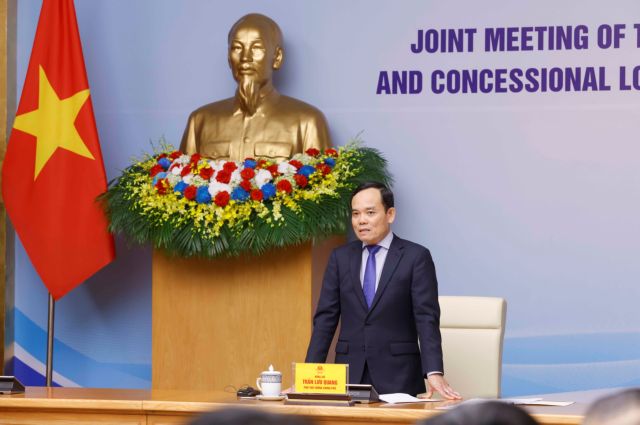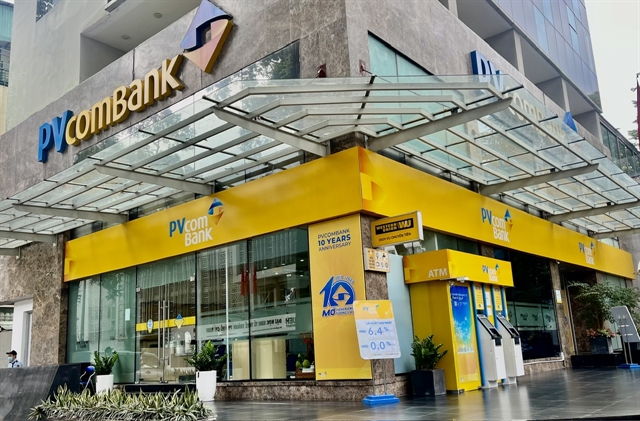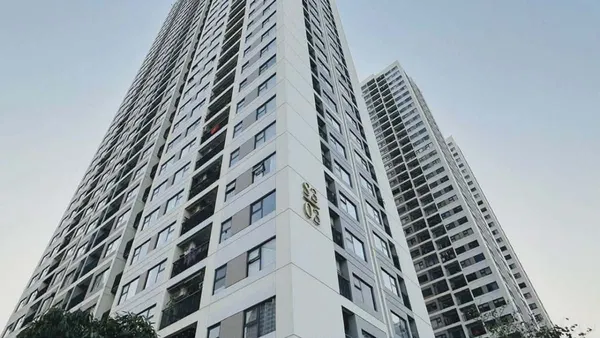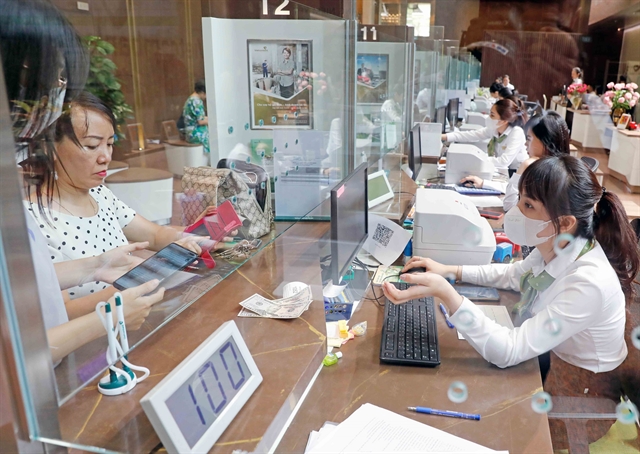 Economy
Economy

 |
| A branch of PVcomBank in HCM City’s District 3. VNS Photo Bồ Xuân Hiệp |
HCM CITY — The central bank is calling on lenders to facilitate access to capital for businesses, while also maintaining lending standards to ensure the safety of credit amid low demand.
Speaking at a meeting last Friday in HCM City, Đào Minh Tú, deputy governor of the State Bank of Vietnam (SBV), said the central bank will monitor banks that have a huge disparity between deposit and lending rates as part of its policy to support firms to access capital.
It has ordered lenders to provide “safe and healthy” credit and support firms to ensure credit growth is aligned with their risk management capabilities.
“With a surplus of capital for lending, credit institutions have been assigned a yearly credit limit of 15 per cent,” he said.
The central bank will continue to monitor market developments closely and be prepared to provide timely, appropriate, and proactive additional credit limits to support liquidity.
Last year, the central bank ordered lenders to restructure repayment terms and maintain debt groups for businesses by June 30 of this year.
It has proposed that the Government extend the deadline for another six months, according to Tú.
In addition, it has implemented various measures to facilitate access to production and business loans, such as reducing interest rates and organising credit programmes for priority sectors.
While the average deposit and lending interest rates have decreased significantly compared to the end of 2023, outstanding lending reached VNĐ13.6 quadrillion as of the end of March, up only 0.61 per cent over the end of 2023.
Lending rates remain too high
While deposit interest rates have constantly dropped since March last year, lending rates remain too high, experts said.
Tô Thị Tương Lam, deputy secretary-general of Vietnam Association of Seafood Exporters and Producers (VASEP), said interest rates for USD loans for export businesses remain too high and banks should reduce the rates to 4 per cent per year.
Currently, the interest rate for USD loans for seafood exporters is 6 - 7 per cent per year. It is up 8 - 8.5 per cent per year for small businesses without collateral assets, she said.
Phạm Văn Việt, director of Việt Thắng Jeans, said a majority of businesses were facing challenges in accessing loans, especially for long-term capital and preferential loan packages for specific industries.
Nguyễn Đình Tuệ, director of the HCM City Enterprise Support Service Center, said in addition to cutting interest rates for existing loans, lenders should simplify procedures to increase loan accessibility.
“They need to be flexible, not only providing mortgage loans but also lending through business methods, managing revenue from sales.”
Experts proposed the Government should have policies to stimulate consumer demand, investment demand, and public investment disbursement.
In addition, the policy of reducing the value-added tax by 2 per cent should be extended instead of ending on June 30, they noted.
Prime Minister Phạm Minh Chính has ordered the central bank to improve its handling of credit growth, after he complained credit has been growing too slowly.
Việt Nam’s economic growth largely depends on credit growth managed by the central bank, which sets annual targets for banks, with the aim of controlling lending and managing growth.
The central bank had set a credit growth target of 15 per cent this year, but lending as of March 27 had grown only 0.61 per cent due to weak demand amid economic difficulties.
The central bank explained that “the economy was still facing difficulties with a slow economic recovery and therefore demand for loans was weak.” — VNS




